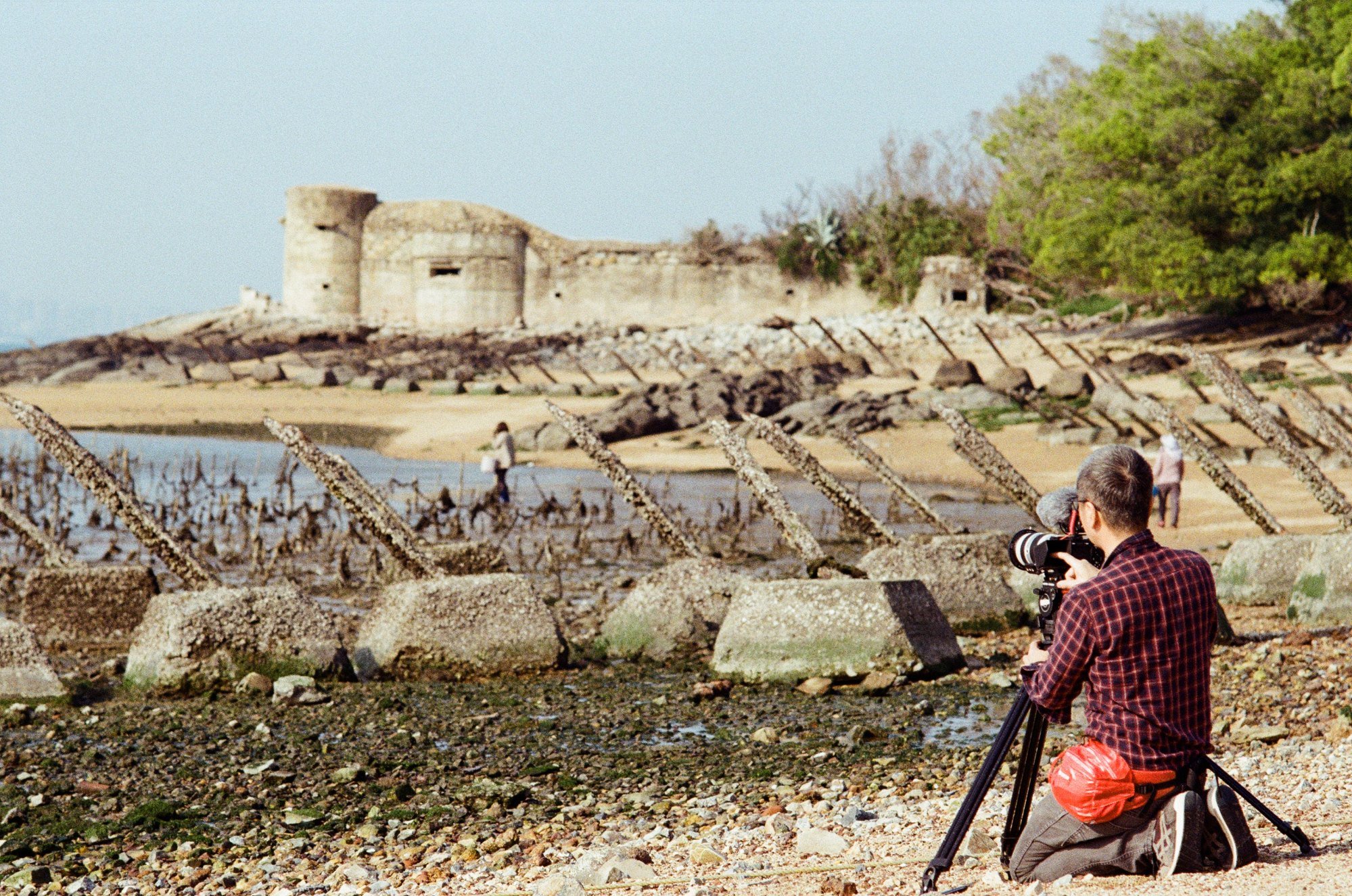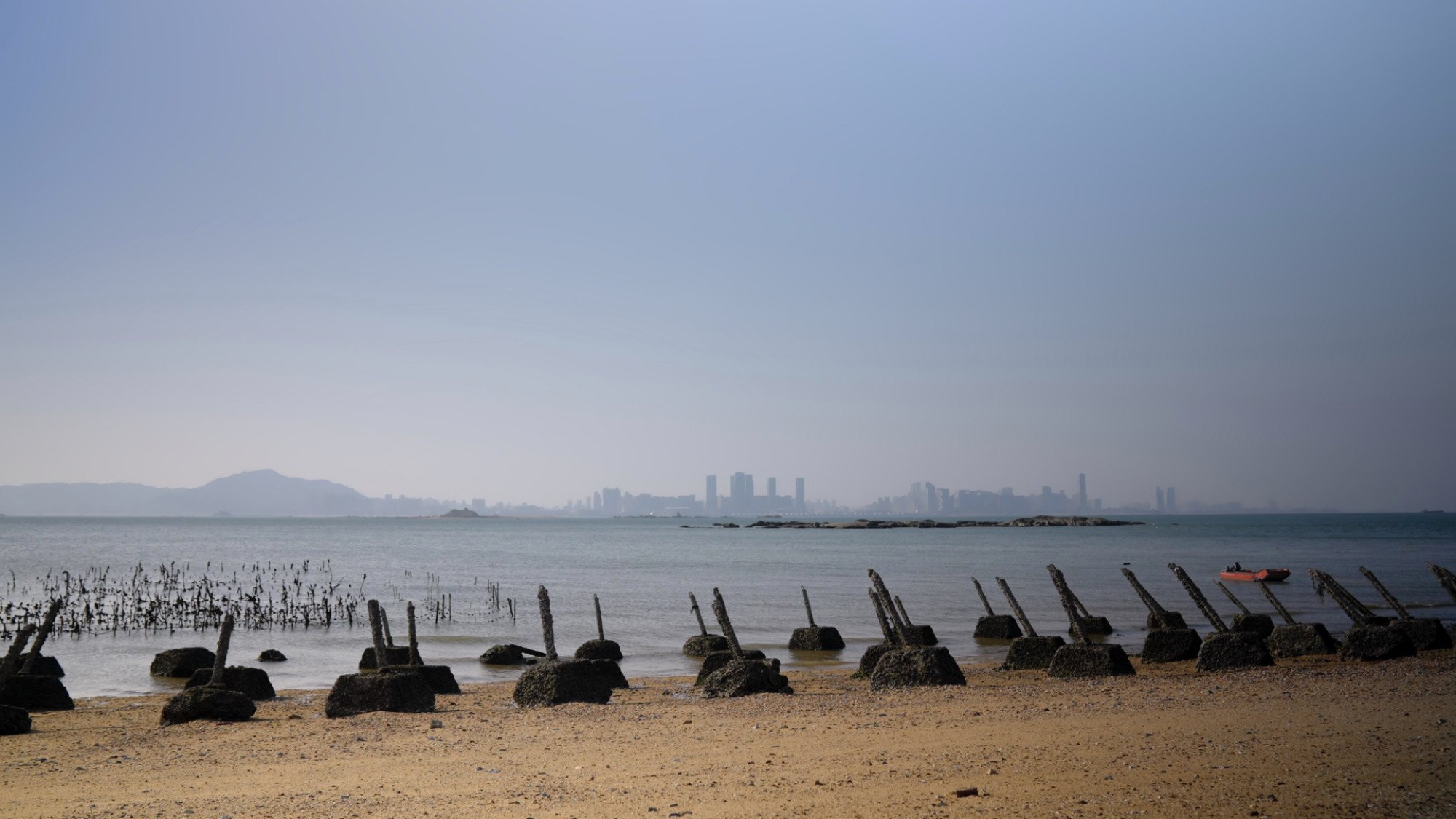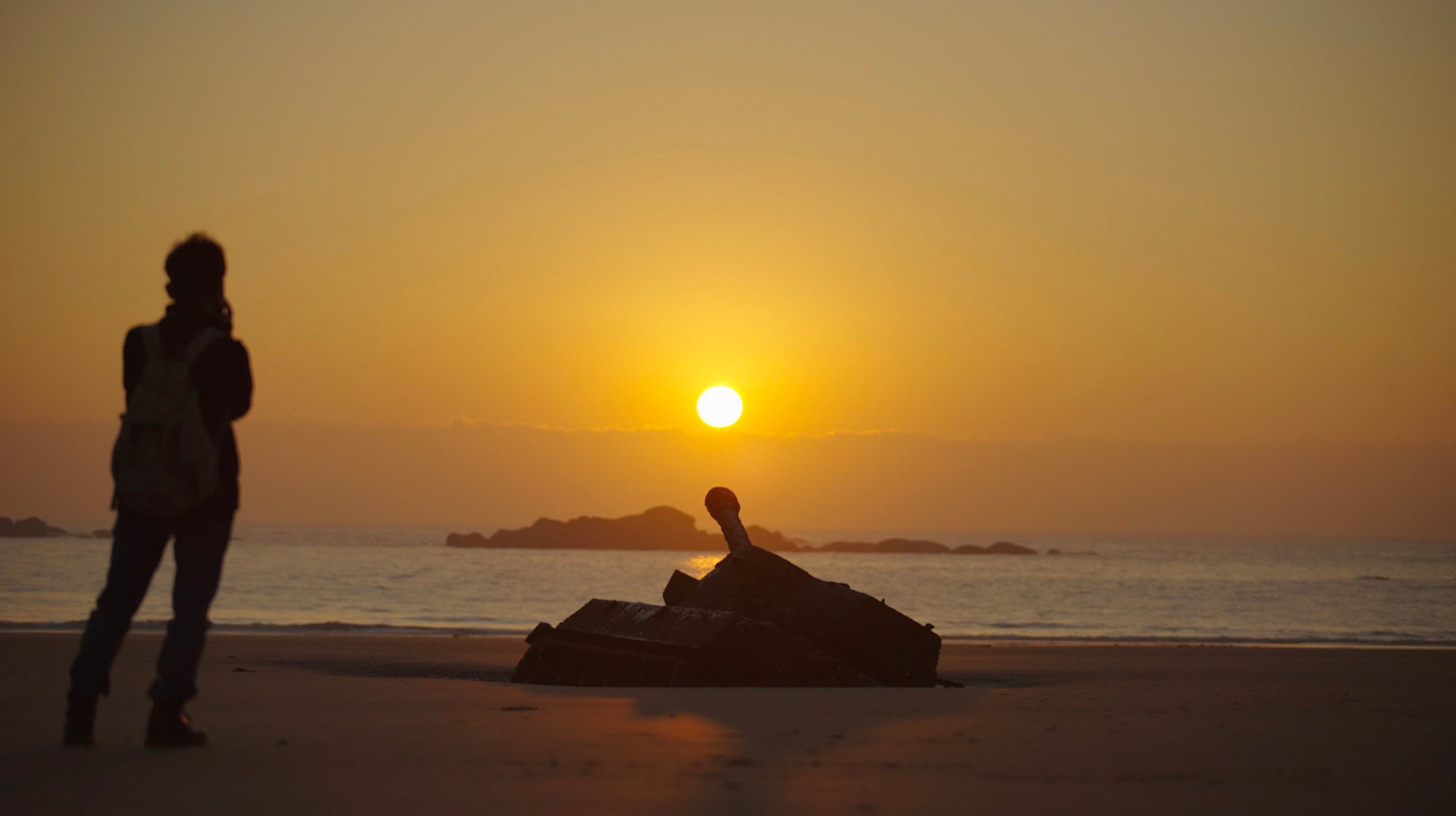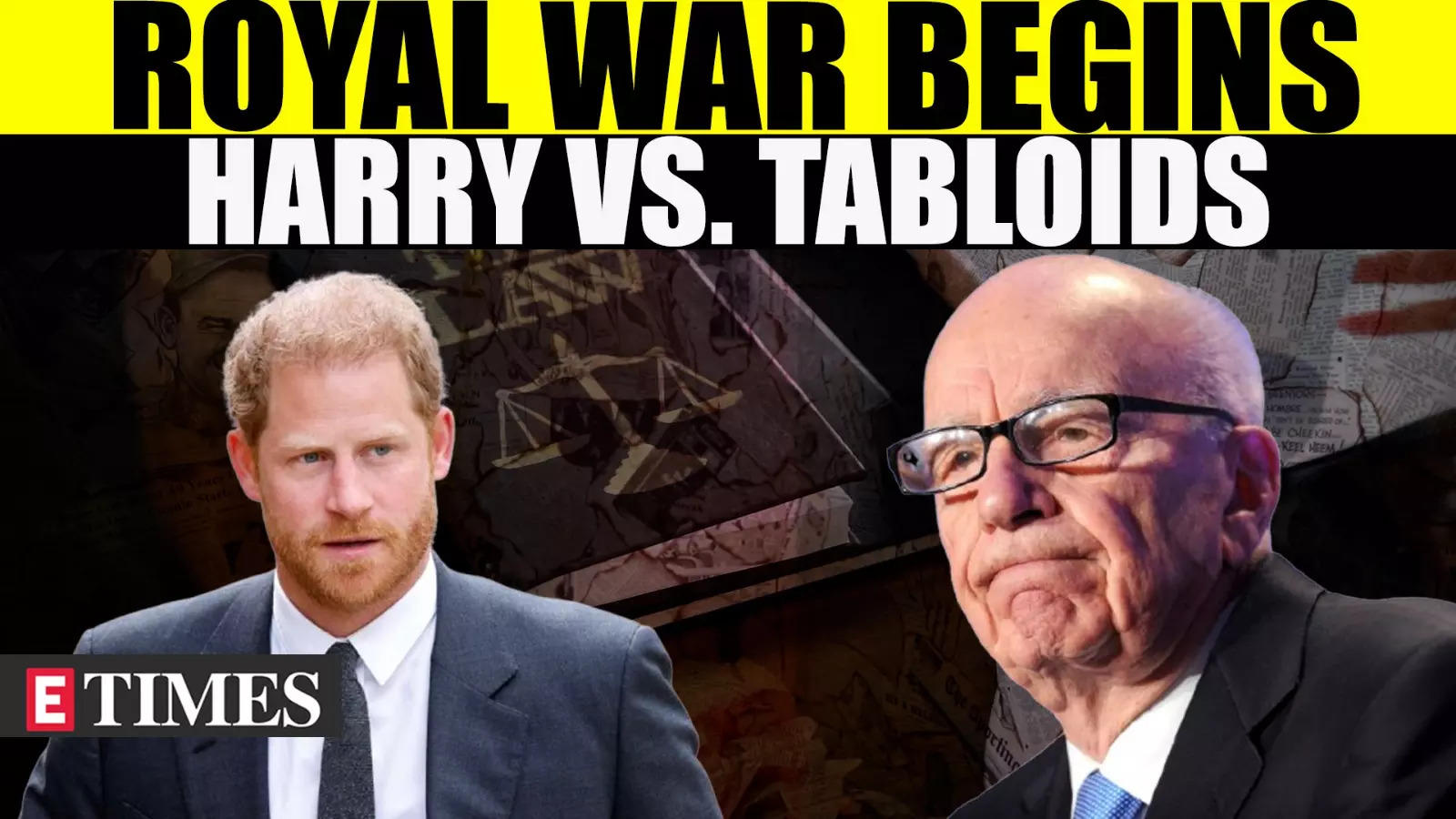But here’s the even more curious thing: moments later, Chiang’s film cuts to a video snippet from a concert he attended in Beijing’s Workers’ Stadium, in which, ironically, Taiwan’s A-Mei is lustily delivering that same signature Teng tune.
The moral of the story? Perhaps the peoples either side of the channel aren’t mortal enemies after all, even if the “Will they, won’t they?” reunification-by-invasion question seems unanswerable.
“I think a lot of the Taiwanese population sees what China is doing as performance, for Western consumption, for show,” says Chiang by video from Taipei. That despite all the sabre-rattling around Taiwan “it’s not actually going to happen”.
“It might be a foolish minimising of the situation, but I do feel like a lot of people think that way. For a person unfamiliar with the situation to come here right now, they would be like, ‘This is nothing like what I read in the papers.’”
Island In Between, available on YouTube through The New York Times’ Op-Docs, shows how life, on the Quemoy Islands and on the Taiwanese mainland, 160km distant, goes on, despite constant, low-level trepidation.
The sense that the two sides were going to come together was how we were raised
“That’s always there,” says Chiang. “It’s been there for 75 years. But this is really interesting: I read somewhere that the Taiwanese stock market never drops, no matter how many Chinese manoeuvres there are.
“It never affects the economy, which to me says people are thinking about [conflict], but no one is – well, not that they’re not taking it seriously, but they’re not allowing it to affect [daily life],” he says.
“There is a weird separation between this constant threat and low level of fear, and, ‘This is a thriving economy, things are going well, we’re building our lives, having families, going to night markets.’ Somehow those two things are separate.”

Chiang, who left his native Taipei as a teenager, first studied electrical and computer engineering at the University of California, Santa Barbara, followed by filmmaking at the University of Southern California, Los Angeles.
He worked extensively in the United States and mainland China before returning to Taipei in 2017. And having come back, he is still wrestling with questions pertaining to his homeland’s future.
“Some of what I’m dealing with now is because I left before I was a fully grown adult, so I didn’t go through that transformation of consciousness while I was here,” he says.
“It was quite shocking to leave thinking one thing about where I’m from, then come back realising that what I thought as a child was so unrealistic, and propaganda.”

Does he think reunification is inevitable?
“It wasn’t like they taught us at school, ‘Inevitably, this is what’s going to happen,’” he says. “Well, they used to teach us that we were going to unify; there was never a narrative that the Chinese Communist Party was somehow going to be the default government.
“But the sense that the two sides were going to come together was how we were raised.”
When not directing his own films, Chiang collaborates with other filmmakers and has served as producer, editor and cameraman.
Feature-length documentaries bearing the Chiang stamp that have been peppered with awards and nominations include A Village Called Versailles (2009), focusing on the tribulations faced by the Vietnamese-American community of New Orleans in the wake of 2005’s Hurricane Katrina; and Our Time Machine (2019), which considers the importance of art in alleviating problems associated with ageing.

But for now, he might be excused if he basks in his recent Academy Awards experience.
“It was surreal and fabulous,” he says. “Rubbing elbows with movie stars wasn’t something I was expecting to do as a documentary filmmaker.
“I lived in Los Angeles for a long time and had lots of friends who aspired to work in Hollywood. But I was always drawn to documentary filmmaking because I love travelling, meeting strange people and going to interesting places.”
“I was obsessed with movies as a child, but it didn’t seem like a real option or path I could pursue until I was much older and understood I could make my own way,” he recalls.
“And the way I was raised was always, ‘You go to medical school, you become an engineer, a lawyer,’ and I was pretty good at maths and sciences, so [engineering] felt like a natural thing for me to pursue.
“No one ever told me you could actually be a professional filmmaker!”







